Tech
Don’t buy these 5 CPUs if all you’re doing is gaming
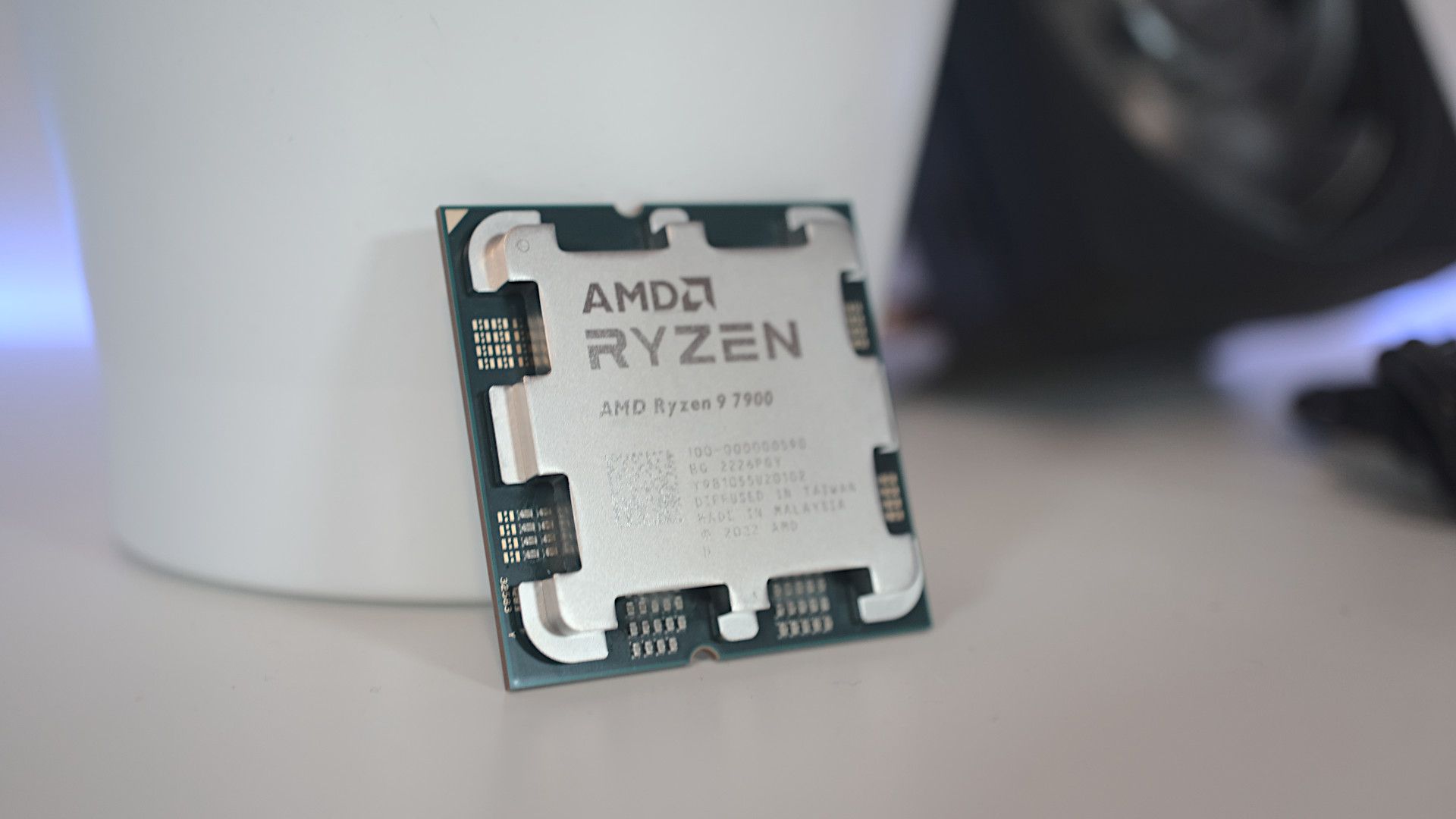
Key Takeaways
- Intel’s 14th Gen CPUs offer little in gaming performance over its 13th Gen models.
- The Ryzen 7 7800X3D comfortably beats all the Ryzen 9 chips while costing less.
- 12th Gen Intel CPUs are all but outdated now; 13th Gen CPUs are better value.
- The Ryzen 7 5800X3D will be faster than the new Ryzen 7 5800XT and Ryzen 9 5900XT.
The best graphics cards might steal most of the limelight when it comes to gaming PCs, but a great gaming CPU is also essential, even more so in 2024. Whether you’re a 1080p gamer, or cruising at 1440p or 4K, the CPU plays a crucial role in gaming performance. Even if you’re gaming at 4K, your games might become more GPU-bound, but having a stronger CPU will still allow you to extract more performance when you eventually tweak in-game settings.
If you’re looking for the best gaming CPUs, you have a lot of options at various price points. But, there are some models you should steer clear of if you’re building a PC strictly for gaming. These models have either been superseded by newer SKUs or don’t offer a meaningful upgrade over other, often cheaper CPUs.
Related
How many cores do you need for gaming?
More cores is better, right? Well, for gaming it’s not that simple. Here’s what you need to know about cores and gaming.
5 Core i5-14600K
Just get the 13600K
The Core i5-14600K was part of Intel’s Raptor Lake refresh, a mostly marginal improvement over the 13th Gen series processors. Outside the 14700K, there was little reason to consider a 14th Gen counterpart over a 13th Gen chip. The 14600K featured the same core configuration and cache sizes as the previous-gen Core i5-13600K, with only the 200MHz boost clock increase and better power efficiency being the main selling points.
If the price difference between the 13600K and 14600K would have been around $20-$30, a case could be made for buying the newer chip. But, as things stand, the 13600K can be had for almost $45 less, and this difference widens to $60 if you consider the “KF” variants of both processors. For just a 5% boost in gaming performance and slightly better power efficiency, it’s pointless to pay $45-$60 extra, considering the newer chip is also on the now-dead LGA 1700 socket.
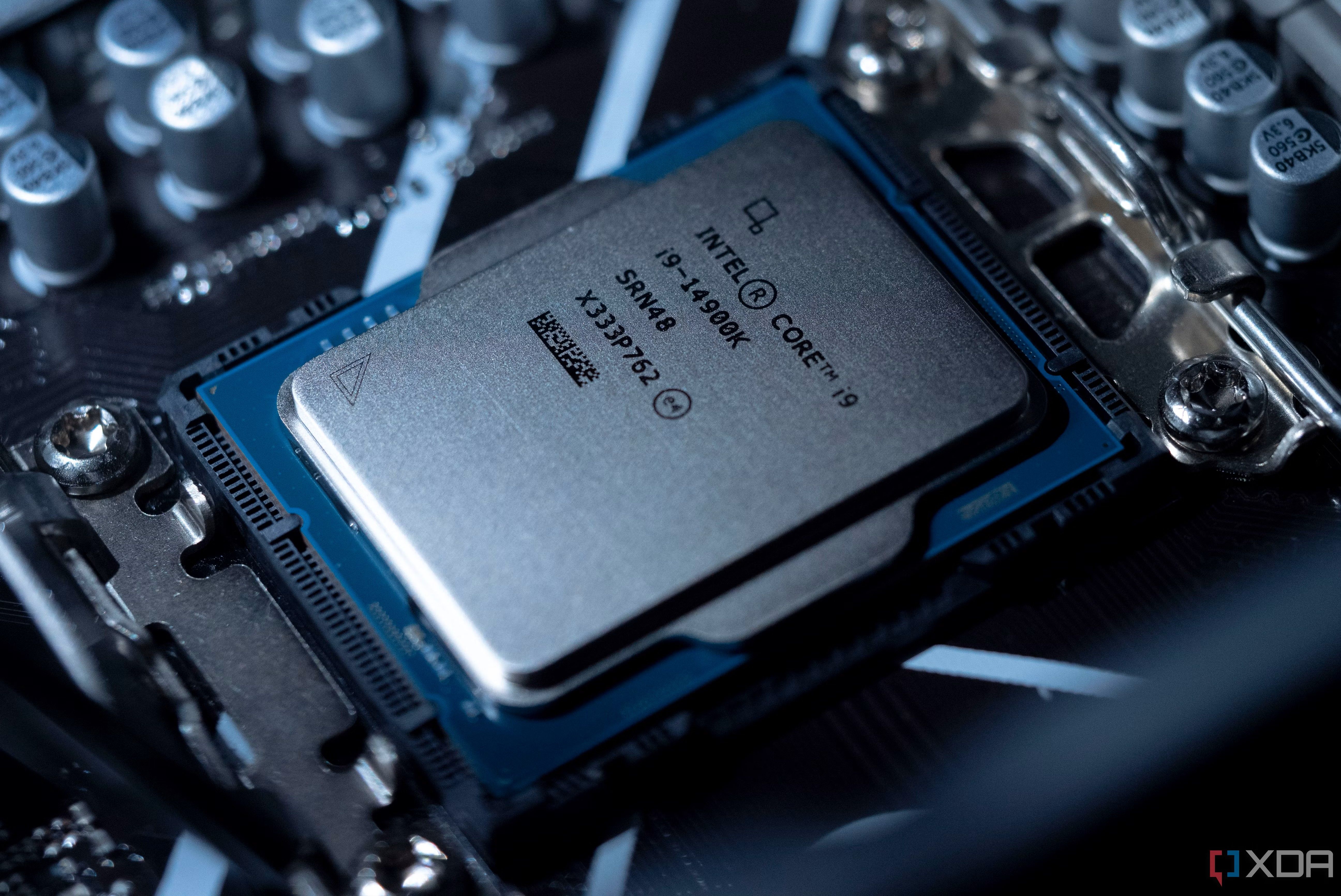
Related
6 worst Intel CPUs of all time
If you look throughout Intel’s history, you’ll find tons of awful CPUs, many of which would have caused financial ruin for any other company.
4 Core i9-14900K
The 14th Gen “refresh” strikes again
The Core i9-13900K is still a fantastic processor for gaming and one of the best CPUs for productivity. With the Core i9-14900K also available as an option, you might be tempted to go with the newer chip. But, just like the 14600K, the 14900K doesn’t bring a whole lot of improvement over its predecessor, especially in gaming workloads.
In terms of numbers, the 14900K is barely faster than the 13900K, often showing identical results. Plus, it consumes more power than the previous-gen chip. If you look at the current prices, the 14900K goes for around $550, whereas the 13900K can be found for $460, nearly a $100 discount. Even the “KF” variants are around $70 apart. Paying a significant premium for the same gaming performance and higher temps isn’t a smart choice by any standard.
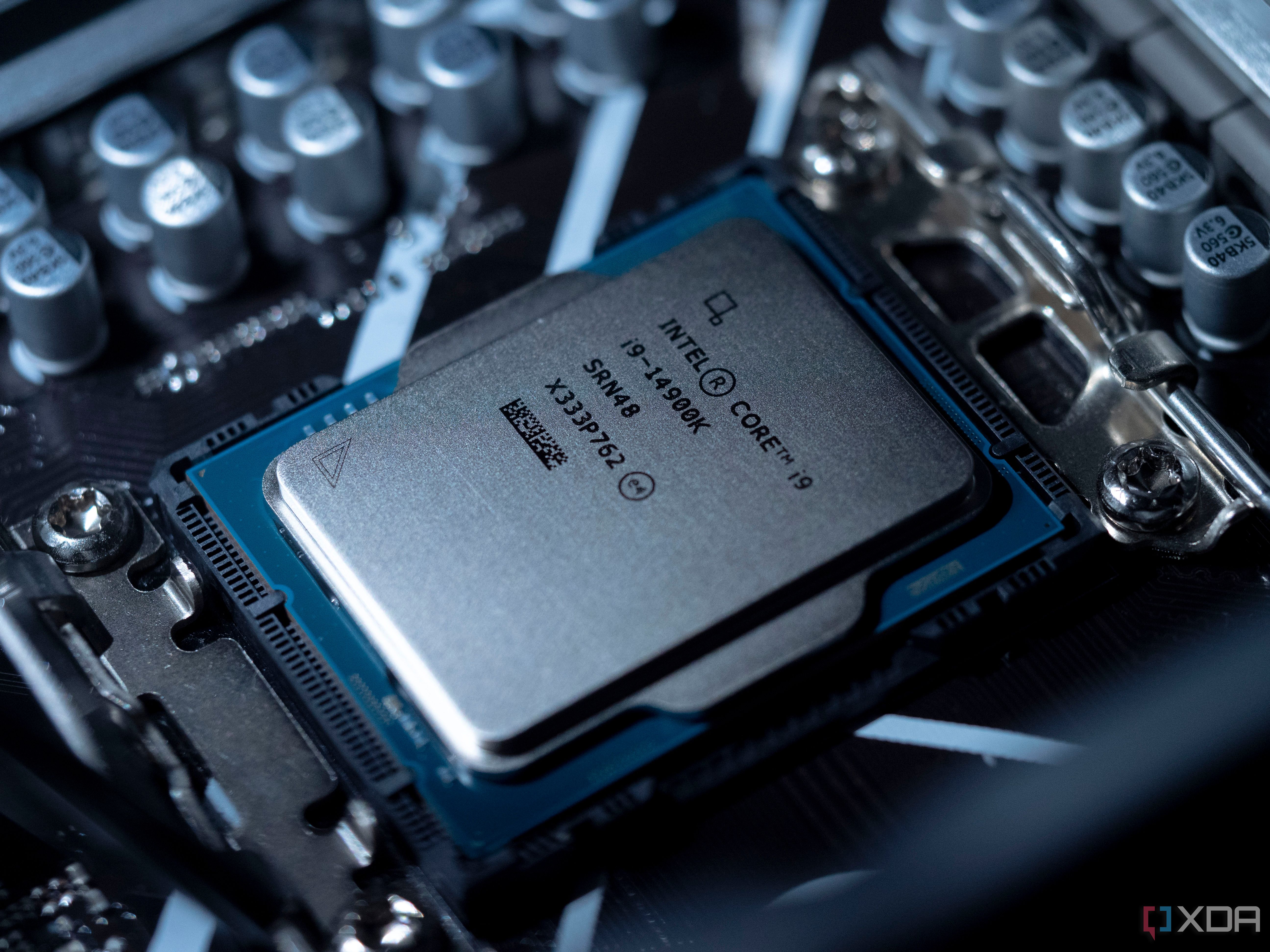
Related
Intel’s high-end 13th Gen and 14th Gen CPUs have a major problem
If you’ve been experiencing crashes and BSoDs with an Intel Core i9 CPU, you’re not alone. We investigated the problem and may have identified a fix.
3 Intel’s 12th Gen processors
A tad too old
Intel’s 12th Gen Alder Lake CPUs marked a significant moment in the Intel vs. AMD rivalry, thanks to Intel’s innovative new hybrid microarchitecture. But, the performance and power efficiency improvements Intel managed to deliver have since been outclassed by its 13th Gen and 14th Gen CPUs. 12th Gen parts like the Core i5-12600K or Core i7-12700K will still perform great for gaming, but you have newer and better value parts for consideration.
The 13th Gen SKUs like the Core i5-13600K offer great value when you consider the overall build cost. With motherboards and memory being mostly common between the 12th and 13th Gen parts, you’re essentially only paying a premium for the newer processor. If you’re upgrading from an Intel 11th Gen or Ryzen 5000 CPU, it makes sense to spend a little more for the 13th Gen processors.
But, if you’re already using an Intel 12th Gen system, it doesn’t make sense to upgrade one generation to the 13th Gen parts, or even to the 14th Gen refresh lineup for that matter.
2 Ryzen 9 7900X, 7950X, 7900X3D, 7950X3D
Instead, the 7800X3D is unbeatable
AMD’s “Zen 4” processors brought a huge improvement over its “Zen 3” chips. From the most affordable Ryzen 5 7600 to the flagship Ryzen 9 7950X, users had a lot to be excited about. But, strictly from a gaming perspective, there’s little reason to pick any of the Ryzen 9 SKUs over AMD’s mighty impressive Ryzen 7 7800X3D.
The X3D chips, thanks to AMD’s 3D V-Cache, are known to deliver the absolute best gaming performance across the board, even beating pricier CPUs. The 7800X3D can easily be found for around $340, over $100 down from its initial $449 MSRP. At this price, even the $365 Ryzen 9 7900X is a poor choice in comparison, since it’s around 20-25% slower than the 7800X3D in gaming.
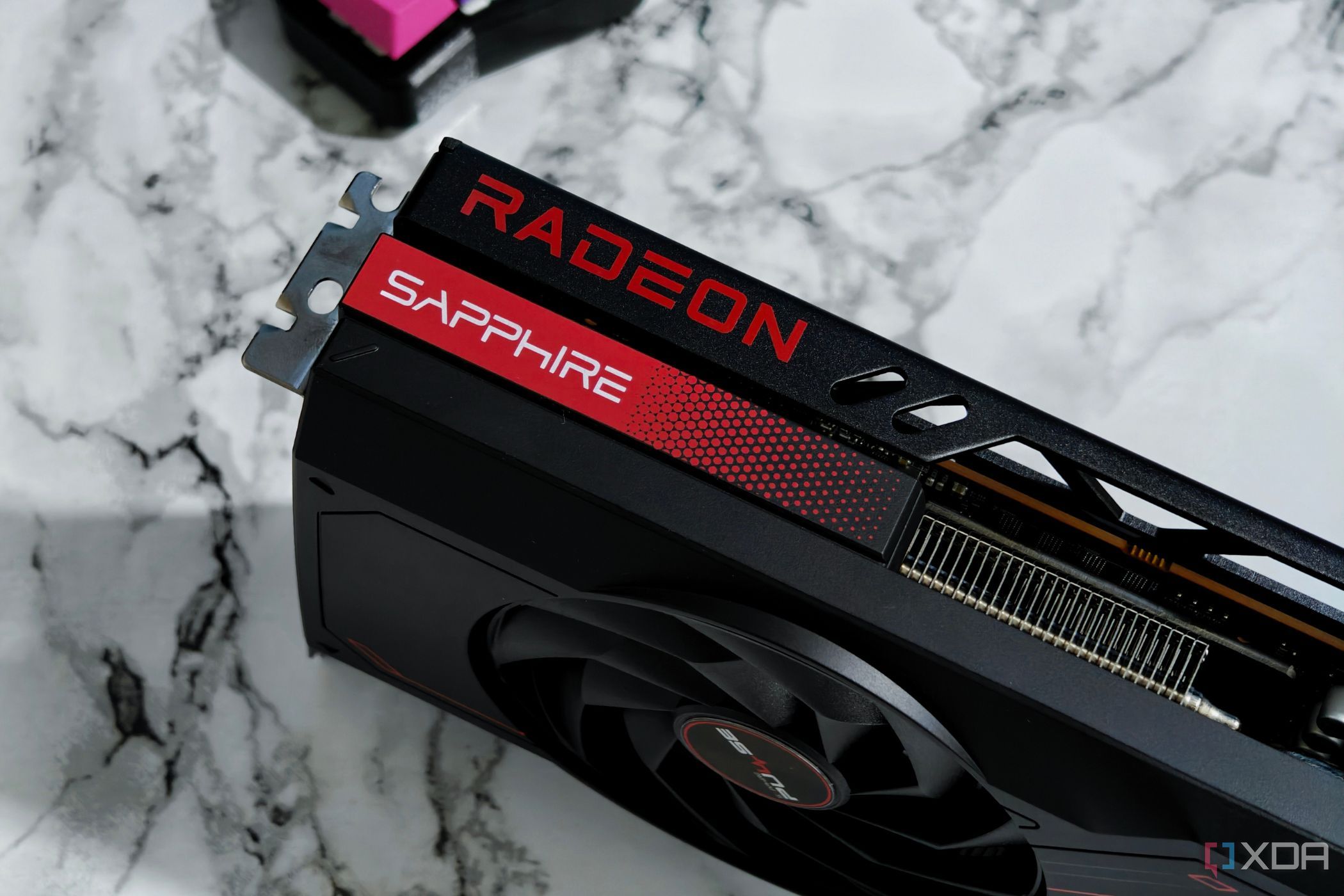
Related
3 reasons why 2024 is a crucial year for AMD
AMD appears to have a lot in store for us this year, but it needs to get a lot of things right.
1 Ryzen 5000XT processors
The 5800X3D comes out on top
Source: AMD
Alongside its Ryzen 9000 lineup announcement, AMD also unveiled two new processors for the AM4 socket — Ryzen 9 5900XT and Ryzen 7 5800XT. These CPUs come with an increase in cores, boost clocks, and cache over older SKUs like the Ryzen 9 5900X and Ryzen 7 5800X. While the gaming performance of these newer chips would likely exceed that of the non-X3D Ryzen 5000 chips, the Ryzen 7 5800X3D will still be faster.
The 5800X3D is known to be faster than the 5800X and 5900X by 15-20% on average, with many titles seeing 30-40% increases as well. Even if the newer 5800XT and 5900XT manage to beat the 5800X and 5900X respectively, they won’t be able to beat the 5800X3D purely in gaming. Plus, the 5900XT will be pricier than the 5800X3D. The 5800XT will be significantly cheaper, but the premium is definitely worth the boost in gaming performance with the 5800X3D.
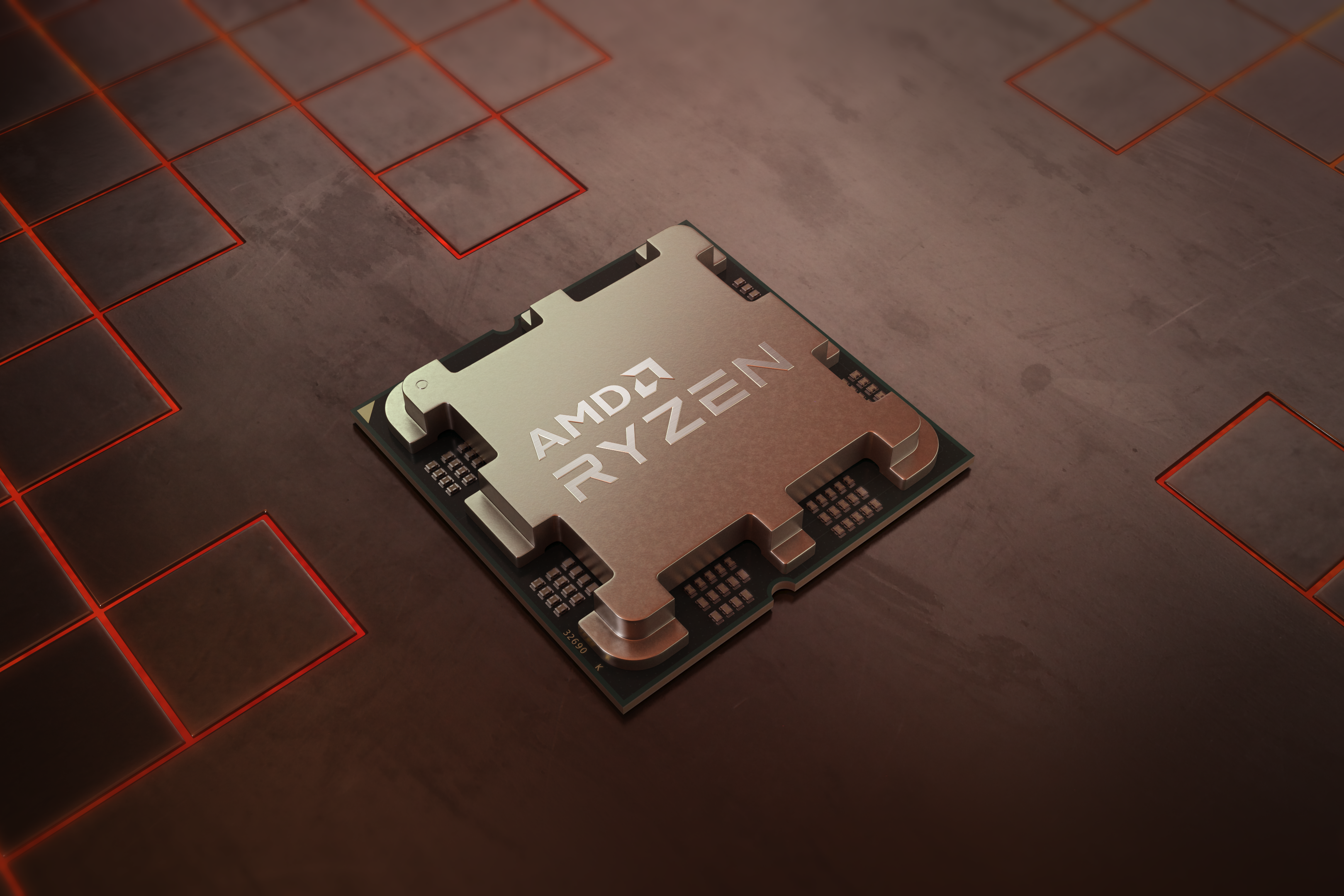
Related
6 reasons AMD is better than Intel for the average gamer
For the average gamer, AMD is better for a whole host of reasons.
I’m excited about Ryzen 9000X3D and Arrow Lake CPUs
AMD recently announced four new Ryzen 9000 chips, but I’m more excited about what the potential “Ryzen 7 9800X3D” will deliver when it launches later this year. Plus, Intel is also set to announce its 15th Gen Arrow Lake desktop CPUs in a few months, reinvigorating the CPU market again. It’ll be interesting to see the gaming performance of Intel’s new chips, considering the company is moving to a smaller manufacturing process and removing hyperthreading.
Personally, I’ll probably be upgrading from my Ryzen 7 5700X to the Ryzen 7 9800X3D, but I’m looking forward to seeing how the market shapes up in the next few months.

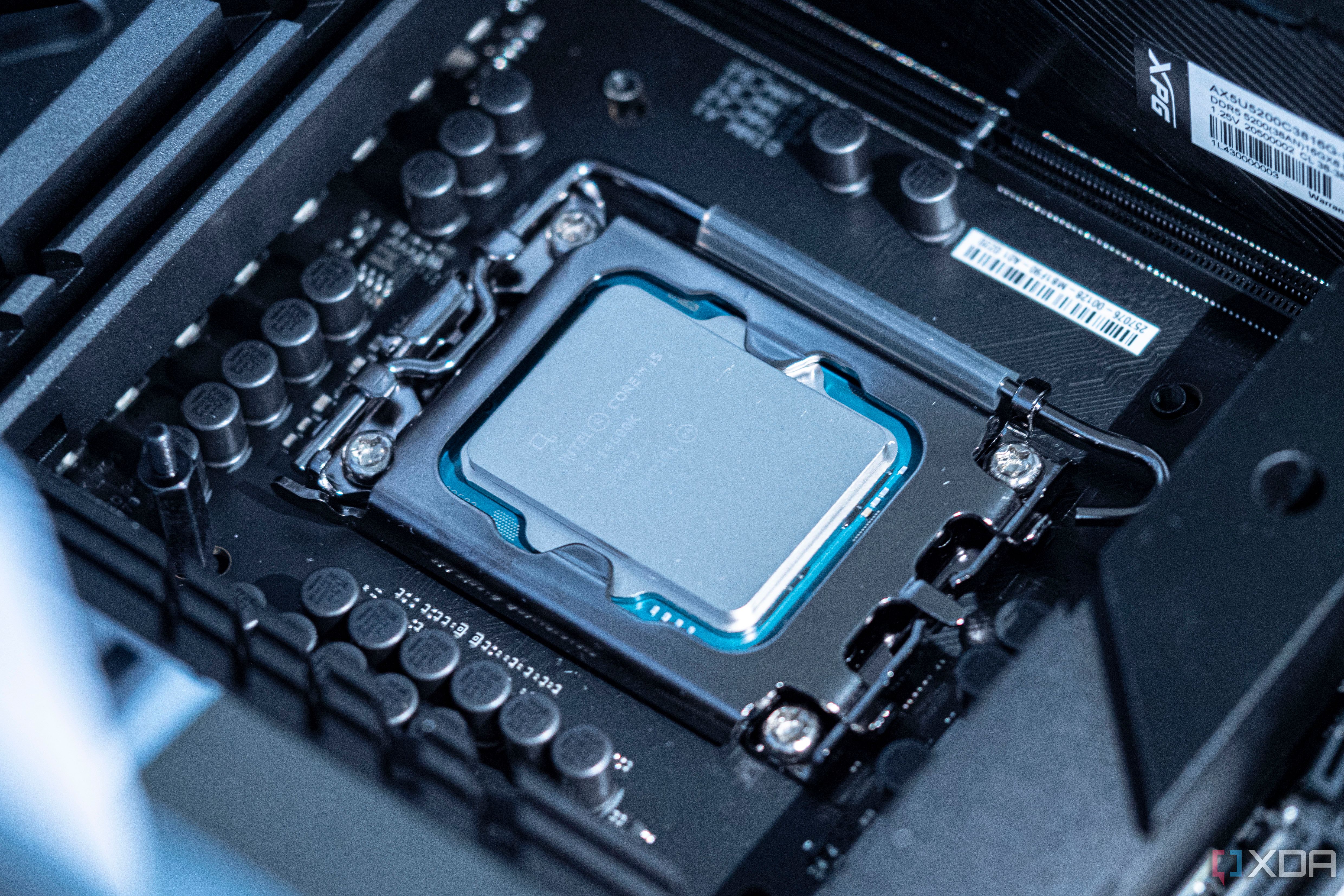
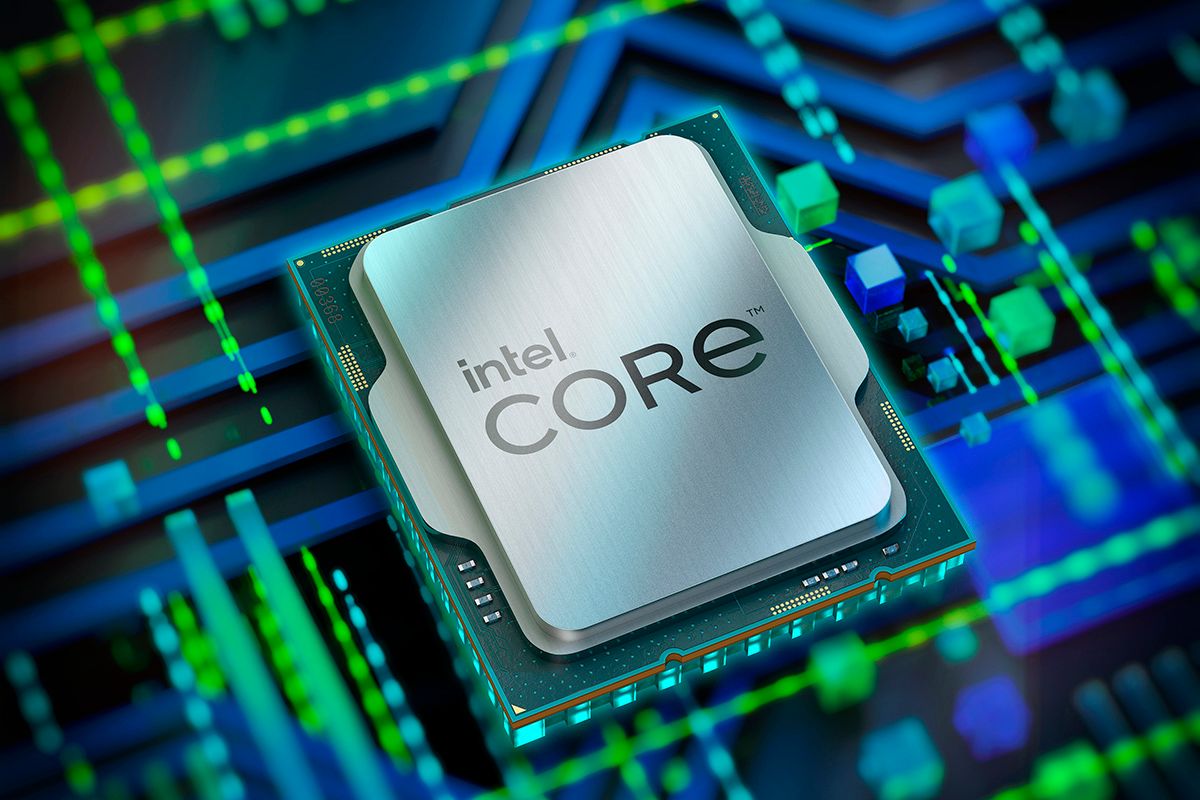
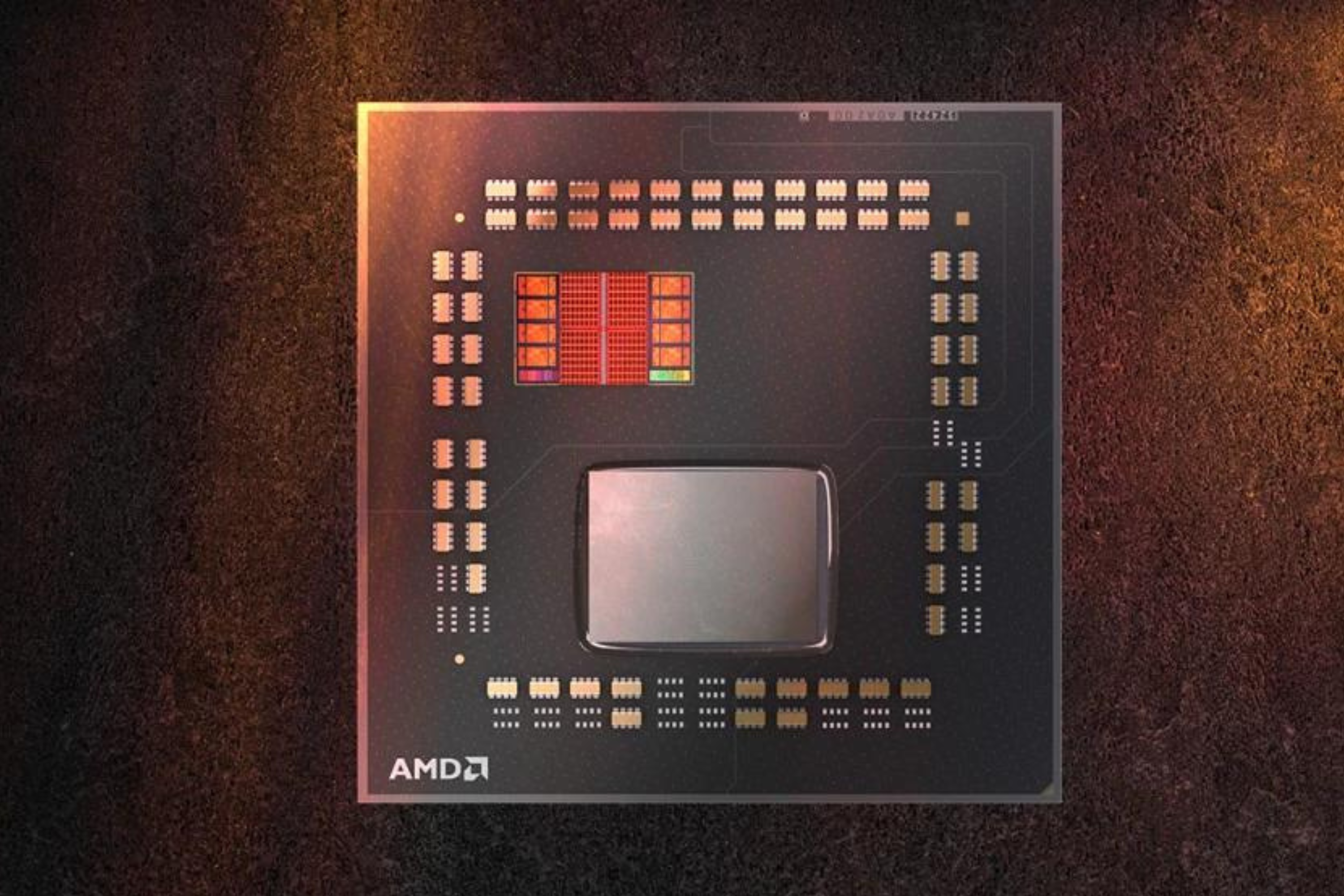






:max_bytes(150000):strip_icc()/roundup-writereditor-loved-deals-tout-f5de51f85de145b2b1eb99cdb7b6cb84.jpg)


